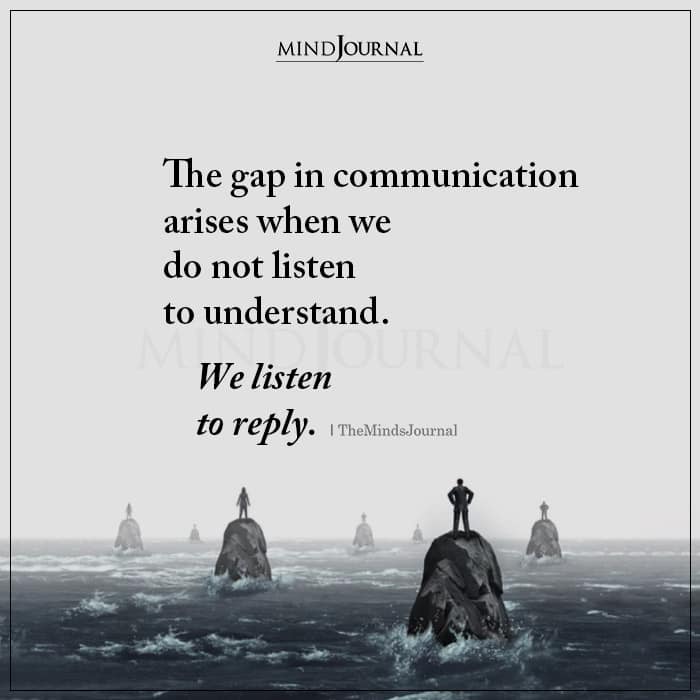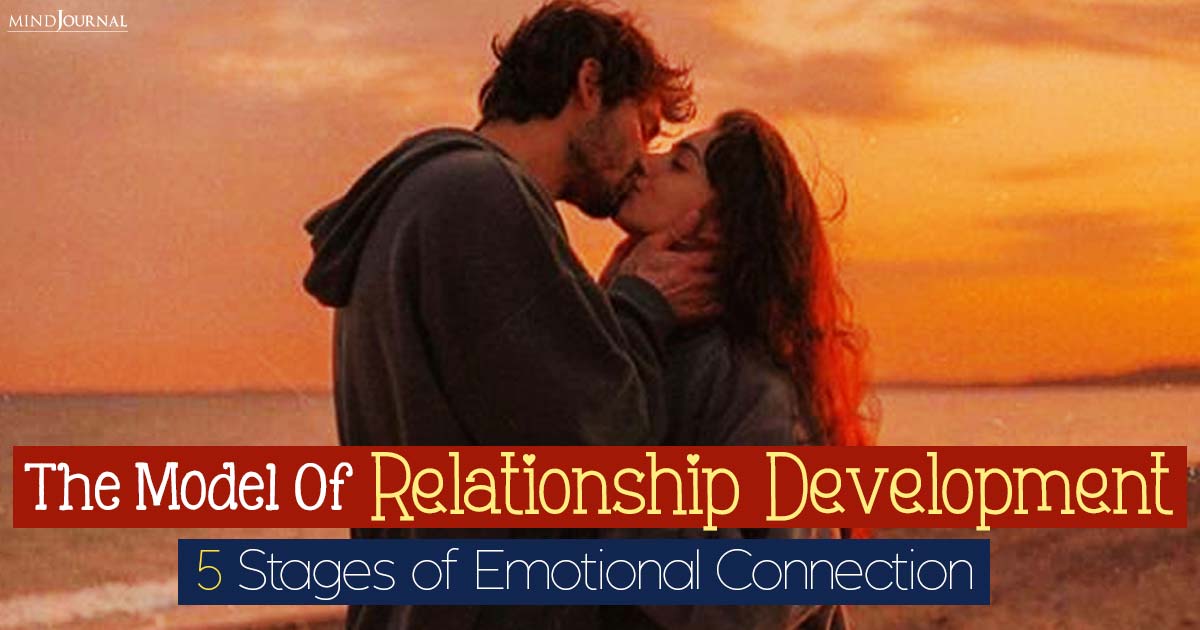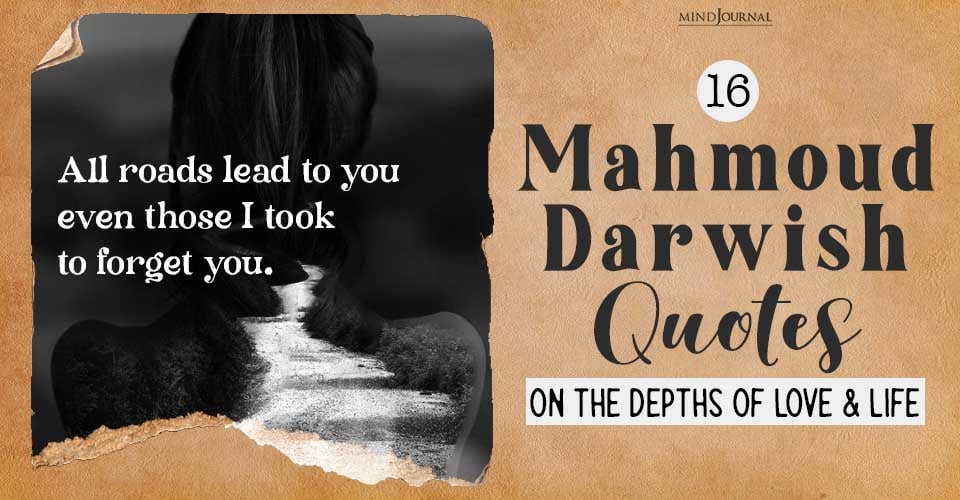The model of relationship development describes the intricate process through which connections between individuals evolve and deepen over time.
It illustrates the stages and dynamics that relationships typically undergo, starting from initial acquaintance to reaching the pinnacle of intimacy and closeness.
Read more here: 15 Types Of Romantic Relationships: Exploring Different Kinds Of Love
What The Model of Relationship Development Describes?
This model recognizes that relationships aren’t static; they transform as people learn more about each other, build trust, and navigate challenges together.
It emphasizes the importance of effective communication, shared experiences, mutual respect, and emotional vulnerability in fostering healthy relationships.
What Is Relationship Development Theory?
The relationship development theory delves into the dynamics of how connections between individuals evolve and deepen over time.
The model of relationship development describes the various stages and intricacies that relationships commonly undergo, starting from initial acquaintance and progressing toward heightened intimacy.
This theory underscores that relationships are dynamic processes, transforming as individuals gain a deeper understanding of one another, cultivate trust, and navigate challenges together.
It places significant emphasis on effective communication, shared experiences, mutual respect, and emotional vulnerability as vital components in nurturing healthy relationships.
By adhering to the stages elucidated in this model – including initiation, growth, maintenance, and occasionally dissolution – individuals can gain valuable insights into their own connections and actively strive to build stronger, more gratifying bonds with those around them.

Read more here: 16 Signs Of A Healthy Relationship
Stages Of Relationship Development: The Path To Intimacy
Relational development stages represent the fascinating journey that relationships embark upon, encompassing five distinctive phases: Initiation, Experimentation, Intensification, Integration, and Bonding.
These stages of relationship development outline the gradual progression from mere acquaintances to deeply interconnected partners, highlighting the dynamic nature of human connections.
1. Initial Stage
The initial stage, Initiation, marks the very beginning of a relationship. It’s characterized by the tentative and cautious interactions between individuals who are just getting to know each other.
This is often fueled by curiosity, small talk, and shared interests. During this phase, individuals gauge compatibility and decide whether to move forward into the next relational development stages.
2. Experimentation Stage
As the relationship advances, the Experimentation stage emerges. This phase involves deeper interactions, often involving more personal discussions and shared experiences. Here, individuals seek to uncover commonalities, values, and mutual interests.
The Experimentation stage of relationship development serves as a testing ground where both parties explore the potential of their connection and begin to build a foundation of trust and understanding.
3. Intensification Stage
Transitioning from Experimentation to the Intensification stage, the relationship takes on a more profound dimension.
This phase is marked by increased emotional involvement, deeper conversations, and a growing sense of vulnerability.
Intensification represents a pivotal point in the stages of relationship development, where individuals recognize a deeper emotional connection and may even express feelings of affection and attraction more openly.
This stage sets the groundwork for the next phases as individuals start to integrate each other more significantly into their lives.
4. Integration Stage
The integrating stage of a relationship, Integration, brings about a deeper fusion of lives and routines. Here, individuals start to intertwine their social circles, share responsibilities, and make joint decisions.
The integrating stage of a relationship is characterized by an increased sense of togetherness and commitment. It’s during this phase that couples often solidify their bond, sharing not just emotional intimacy, but also practical aspects of their lives.
5. Bonding Stage
The final stage of relational development stages is Bonding. This phase represents the culmination of the entire journey, where the relationship achieves a high level of commitment and security.
Couples in the Bonding stage have navigated the previous phases successfully, building a strong foundation of trust, mutual respect, and shared experiences.
This stage is marked by a sense of permanence and an explicit declaration of commitment, often taking the form of marriage or a long-term partnership.
Throughout the relational development stages, individuals navigate challenges, conflicts, and personal growth.
It’s important to recognize that not all relationships progress linearly through these stages. Some relationships may stall or even regress at certain points, requiring effort and communication to move forward.
Moreover, not all relationships reach the Bonding stage, as some may end in dissolution after the Intensification or Integration stages if fundamental differences arise.
The stages of relationship development, from Initiation to Bonding, provide a comprehensive framework to understand the complex journey that connections between individuals undertake.
These stages highlight the evolving nature of relationships, emphasizing the importance of effective communication, shared experiences, trust-building, and emotional vulnerability.
The integrating stage of a relationship, in particular, stands as a pivotal juncture where the relationship becomes more intertwined in both emotional and practical aspects.
Ultimately, these stages illuminate the intricacies of human connections, showcasing the transformative power of relationships throughout their diverse phases.
Read more here: 5 Things To Never Ignore If You Want A Healthy Relationship
The Challenges Of Relational Development
The Model of Relationship Development describes the various stages that relationships progress through, but along this journey, several challenges can arise that require careful navigation.
Communication
Effective communication is a foundational challenge that significantly influences the progress of a relationship.
In this context, individuals must not only master the art of articulating their thoughts and feelings but also cultivate the skill of active listening to truly understand their partner.

Trust
As the bedrock of any healthy relationship, trust emerges as a cornerstone that can be intricate to both establish and maintain, especially during the early stages.
Constructing a foundation of trust demands a combination of time, consistent behavior, and unwavering honesty.

Compatibility
Compatibility, a critical factor in relationship development, encapsulates shared values, interests, and goals.
However, as two individuals come together, differences in viewpoints and preferences can inevitably emerge, potentially leading to conflicts.
The challenge here lies in finding a balance between acknowledging and respecting these differences while also seeking common ground for mutual understanding and compromise.

Intimacy
The pursuit of intimacy, whether emotional or physical, can be a complex challenge rooted in individual insecurities and fears.
Emotional intimacy requires individuals to reveal their innermost thoughts and feelings, which can be daunting, particularly when vulnerability is involved.
On the other hand, physical intimacy involves navigating comfort zones and creating an environment of trust and safety.

External Factors
External factors such as work pressures, family dynamics, or personal commitments can exert significant strain on a relationship.
Juggling these external stressors alongside the efforts required for relationship growth can be demanding, potentially causing conflicts and emotional distance.
Read more here: Relationship Agreement: How It Can Strengthen Your Relationship
Coping Strategies Of Relational Development
To cope with these challenges, nurturing open and empathetic communication is paramount; fostering trust requires transparency and reliability.
Addressing compatibility involves compromise and active efforts to understand one another. Building intimacy requires patience, vulnerability, and a willingness to work through individual emotional barriers.
In the face of external factors, setting boundaries, managing time effectively, and supporting each other can help maintain the relationship’s health.
Recognizing these challenges and actively engaging in their resolution allows couples to move through the relational development stages with a stronger foundation and a deeper bond.
The challenges encountered along the path of relational development, as The Model of Relationship Development describes, underscore the need for open communication, trust-building, compromise, emotional vulnerability, and mutual support.
By embracing these strategies, couples can navigate the complexities of each stage and foster a resilient and thriving bond.
What is the Model of Relationship Development?
The model of relationship development outlines stages relationships go through, highlighting communication, trust, and shared experiences as key influences.
What challenges arise in these stages?
Challenges include communication hurdles, trust-building, compatibility conflicts, intimacy development, and external stressors.
How can challenges be managed?
Managing challenges involves open communication, transparency, compromise, patience, and mutual support to strengthen relationships as they progress through stages.









Leave a Reply